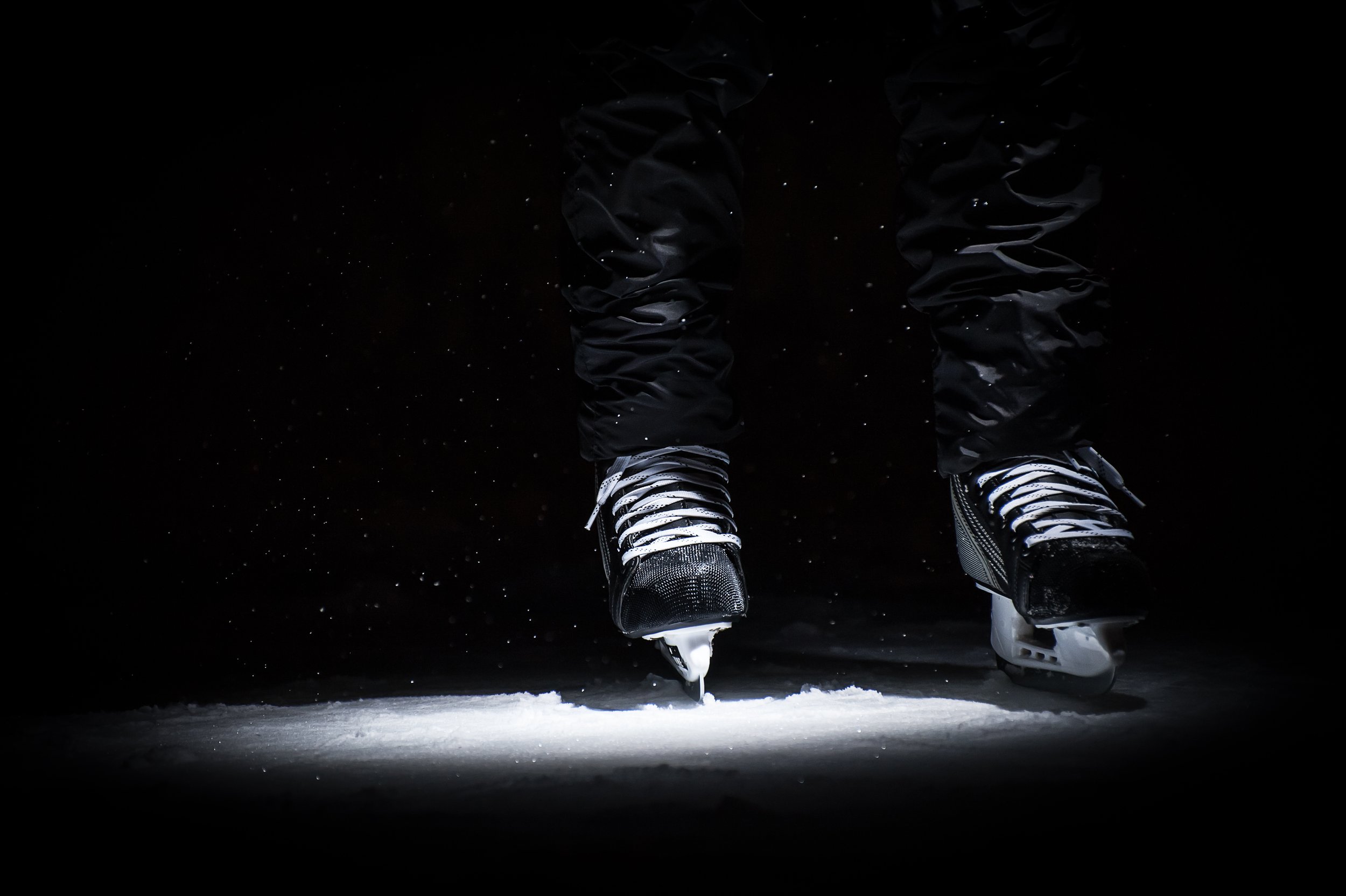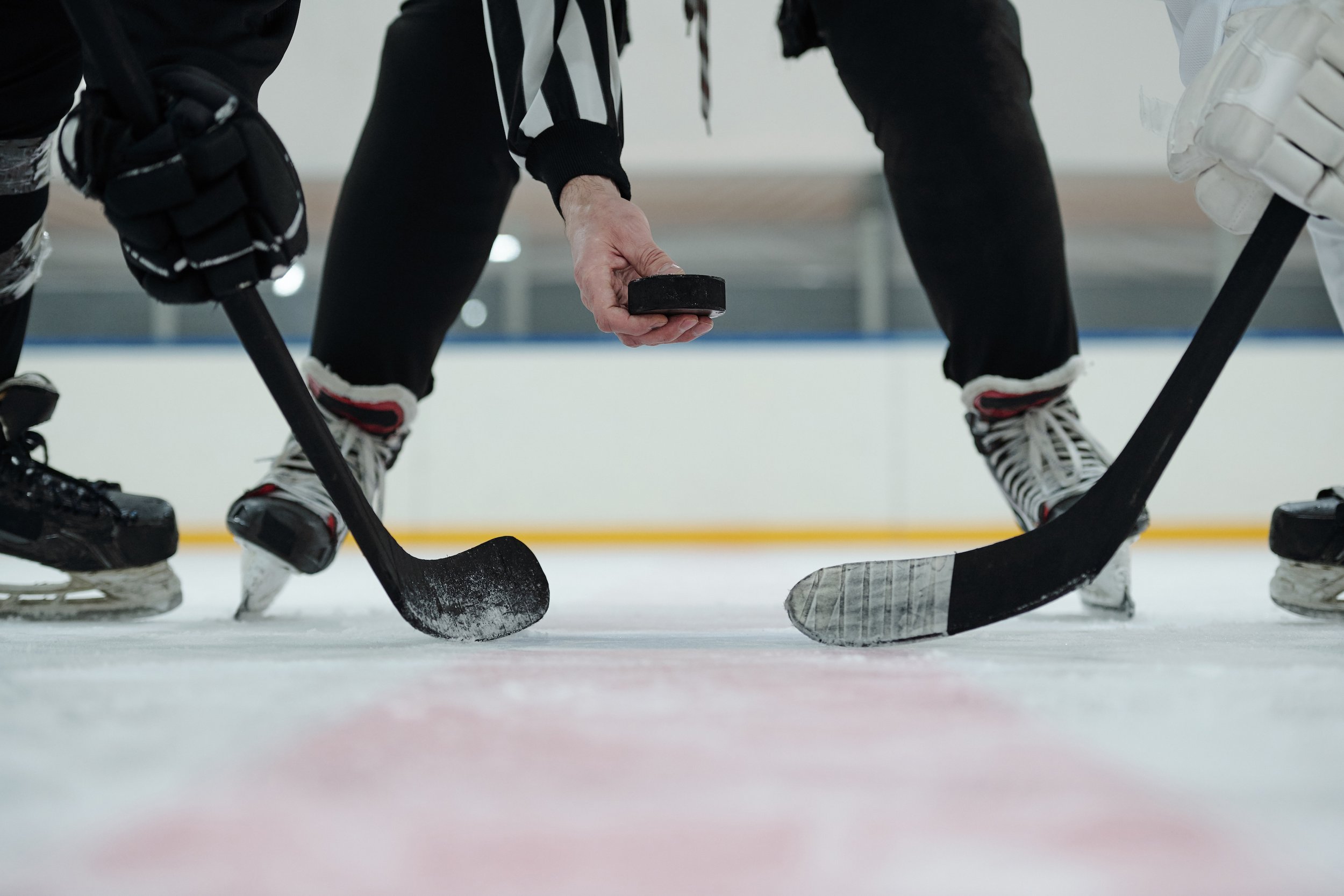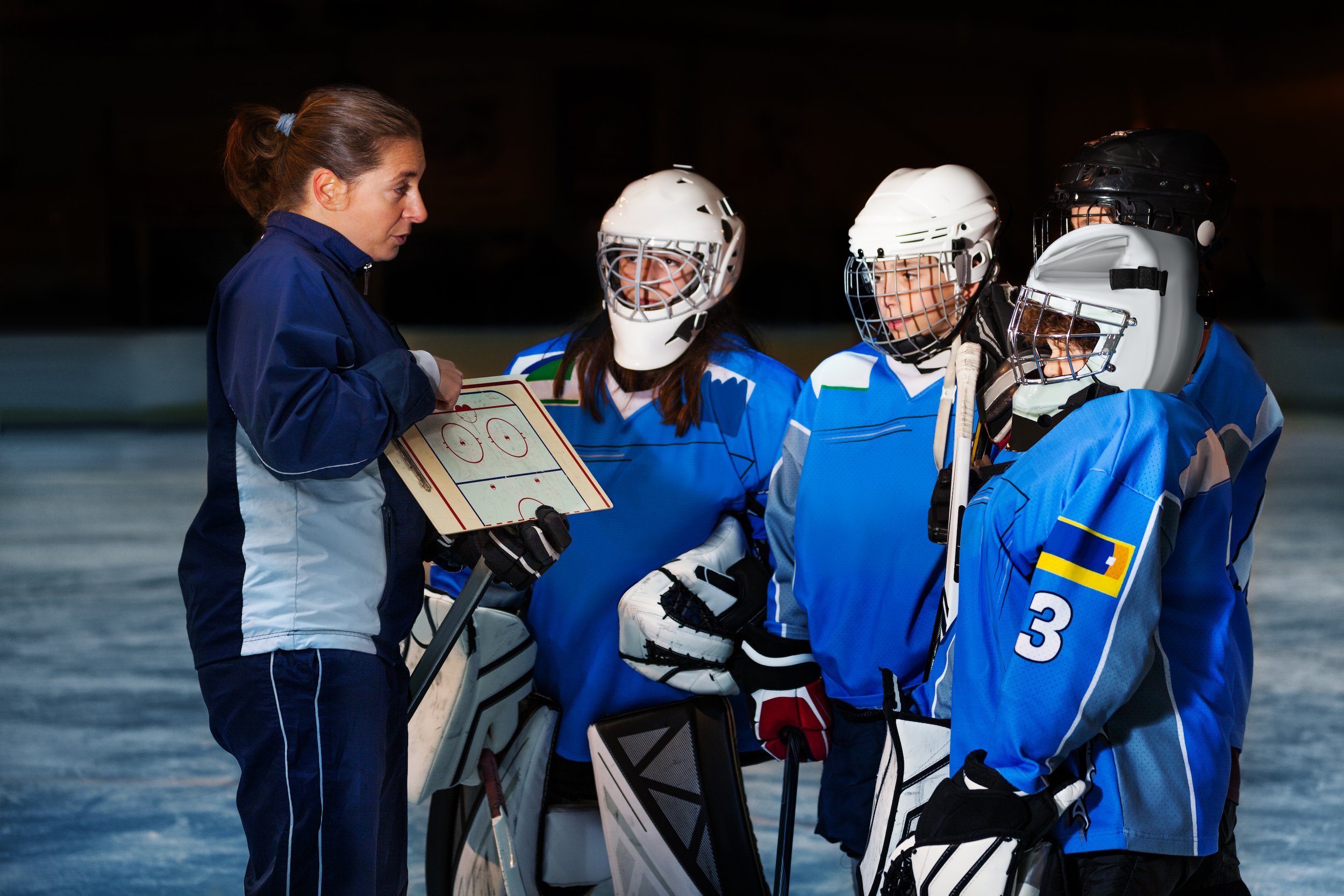
Unleashing Your Primal Persona
Insights and strategies to transform your identity, harness your Primal Hockey Type™, and elevate your on-ice performance.
The Power of Tone: Why Your Voice Matters as a Hockey Coach
he impact of words extends far beyond the technical aspects of the sport of hockey. For coaches, the tone of voice used on and off the ice can be a game-changer, influencing players' motivation, confidence, and overall performance.
Youth Hockey Coaching: Two Items You Must Consider When Building a Preseason Plan
Specifcally, there are two main variables that stand out to me when putting together an effective plan for preseason practices when these two groups are involved. These two areas are: physical and cognitive.
Cultivating Responsiveness: A Guide for Hockey Coaches
Embracing responsiveness can significantly boost your coaching effectiveness. When you consistently respond to your players' queries, concerns, or suggestions, they feel valued and heard. Timely responses demonstrate your commitment to their growth and development, fostering a sense of trust and loyalty.
Team Conflict Prevention: Three Items Every Hockey Coach Should Deploy
I want to explore three vital aspects of coaching: setting clear expectations and goals, practicing consistency, and treating every athlete fairly. By focusing on these key elements, you can elevate your coaching approach, inspire your team, and most importantly - reduce the potential for team conflict.
Creating a Winning Environment: Four Important Components of Positive Parenting in Hockey
I recently had the opportunity to go through the Positive Parenting Within School Programs course offered by The National Federation of State High School Associations (NFHS). It served as a great reminder for how positive parenting within school programs is such a critical component of creating a supportive and nurturing environment for children to thrive academically, emotionally, and socially.
Unlocking Success: Exploring Two External Hockey Coaching Situations
If I could envision my ideal scenario, I would have a coach available for every major aspect of my life. Why? Outside coaches have the power to elevate any area of your life or game where you want to improve or address weaknesses. They are true game changers when it comes to personal and professional development.
Building Your Winning Team: The Essential Elements of an Inner Circle for Hockey Players
In my 17 years of experience running my previous company, Ethos3, a company dedicated to excellence, I have discovered the power of cultivating a strong inner circle. While discussions about friendships and relationships may not always be a priority, their importance should not be underestimated, especially for hockey players seeking success on and off the ice.
The Importance of Responsiveness in Hockey Coaching: Strategies for Success
As hockey players, we strive for success both on and off the ice. One key ingredient that can propel a team towards greatness is responsiveness. Just like in a tennis match, where the ball is constantly exchanged, responsive communication is vital for effective coaching and player development. By doing so, teams can create an environment where every player feels valued, heard, and respected.
Why a Hockey Coach Should Always Be Learning and Growing: Key Strategies for Success
Access to books is an undervalued form of wealth in our country today. Within those pages lie entire worlds, galaxies, and philosophies. With a simple download or a trip to the library, you gain access to the profound wisdom and life lessons of some of the greatest minds.
The Science of Learning: How Cognitive Load Theory Can Benefit Hockey Coaching
As a hockey coach, you are tasked with not only teaching your players the fundamentals of the game but also ensuring that they retain information. One way to improve your coaching techniques is by understanding cognitive load theory and how it applies to hockey coaching.
Saying Sorry as a Hockey Coach: Why It Matters and How to Do It Right
As a hockey coach, apologizing and saying "I'm sorry" can be challenging, as it often requires us to set aside our ego and confront our insecurities. However, if we make it a habit to take responsibility for our mistakes, we can experience a sense of peace and empowerment. By owning up to our wrong-doings, we demonstrate integrity and build trust in our relationships.
The Maturation Effect in Hockey: Understanding the Role of Physical and Mental Development
The maturation effect refers to the natural developmental changes that occur in an individual over time, leading to improvements in their performance or behavior. In the context of hockey, the maturation effect typically refers to the physical and mental changes which occur as athletes grow and develop, which can lead to improvements in their athletic performance.
My Coaching Philosophy for Hockey
My coaching philosophy is rooted in a growth mindset. I believe all athletes have the potential to improve and develop, and I see my role as a coach to help them reach their full potential. I also believe hockey is more than just a sport - it is a powerful metaphor for life. Hockey requires belief, vision, discipline, and a commitment to excellence both on and off the ice.
The Pygmalion Effect and the Importance of Fair Treatment in Hockey Coaching
In contrast, it was difficult to exude the same amount of excitement on a drill which was not executed quite as precisely by a less skilled player. This is dangerous and something I need to remind myself every time I step on the ice to coach young athletes. There is a name for this dynamic and it is called the Pygmalion Effect.
8 Ways to Create an Inclusive Hockey Team
As a hockey coach, you share the same resonsibility for building and maintaining an inclusive team culture. The change starts with you and here is how to start making it a reality.
Hockey Team Culture vs Climate: Understanding the Key Differences
By focusing on creating a positive team climate that values diversity and inclusion, you can help to build a more successful and effective team. Just like my experience with the publishing company, a positive mission and purpose can be overshadowed by an unhealthy work climate.
The Journey to Inclusive Leadership: Exploring the Five Stages for Hockey Coaches
Your desire to level up your inclusive leadership skills demonstrates your passion to grow personally and professionally. As a hockey coach, you have the opportunity to make a difference in your community by helping the marginalized, oppressed, and providing a voice to those who do not possess one.
Coaching vs Mentoring in Hockey: What's the Difference?
While mentoring and coaching may seem similar on the surface, they have distinct objectives and outcomes. Mentoring is a long-term practice that helps you develop a range of skills and competencies, while coaching is a short-term intervention that helps you overcome a specific challenge or achieve a particular outcome.
Transparency vs Vulnerability in Hockey Coaching: Which Approach is More Effective?
Transparency and vulnerability are often used interchangeably, but they are very different concepts. As a hockey coach, it's important to choose vulnerability over transparency in order to build a deeper connection with your team and create a culture of openness and growth.
How Engagement Can Help Hockey Teams Win More Games
In hockey, engaged players are essential to winning games. All three drivers of engagement must be functioning properly, or players are vulnerable to disengagement. Disengagement leads to lower productivity - something no hockey team desires. On the other hand, engaged players lead to skyrocketing productivity and performance which leads to wins.
Want to Level Up Your Mental Game?
Put an end to your slump and level up your confidence so you can succeed on and off the ice.




















